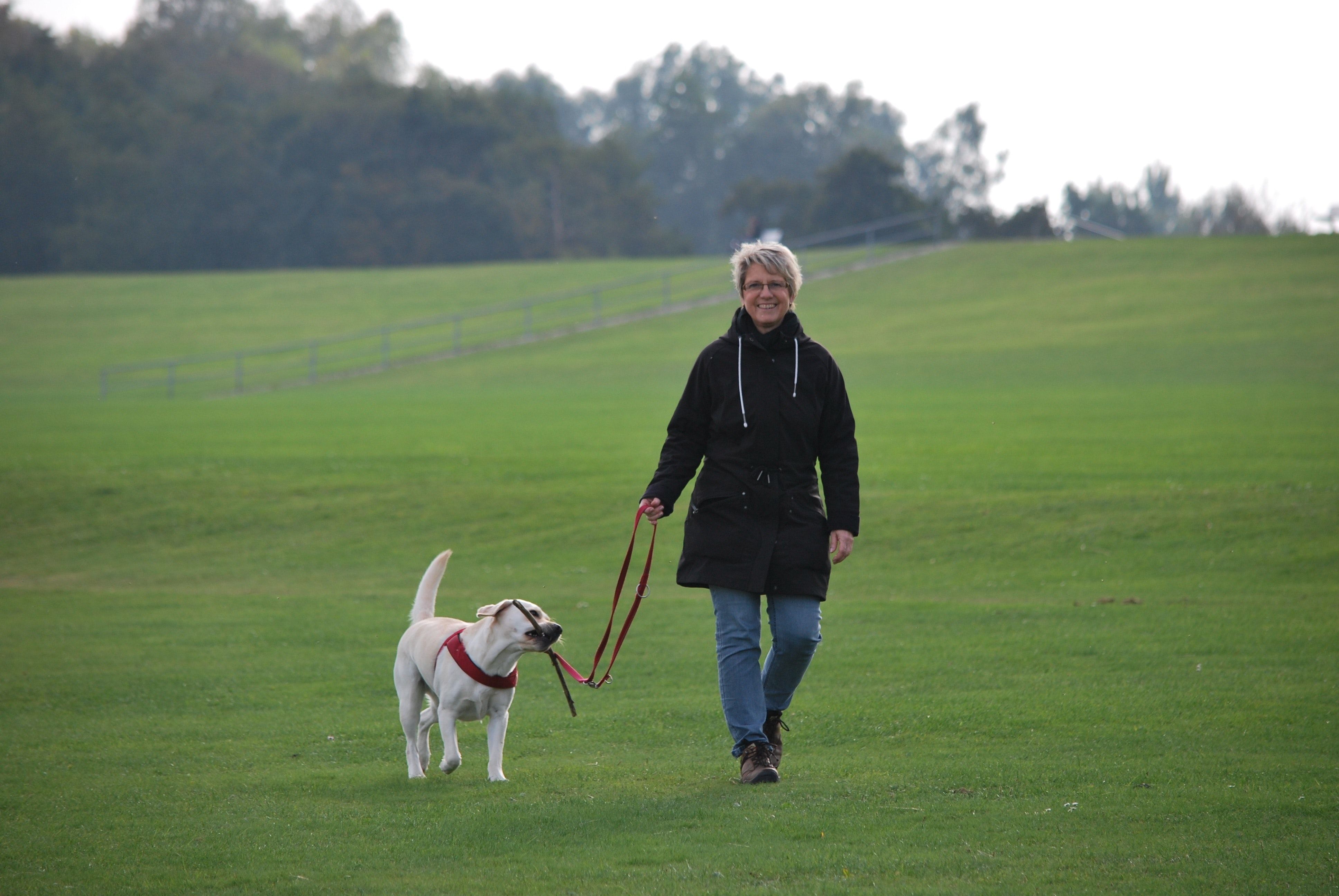
Advice about walking during COVID 19
19/07/2021
What sport and physical activity can take place from 19th July?
Please ensure you keep up to date of all national guidance . The frequently asked questions (FAQs) below relate to changes that will take place as part of Step 4 of the government’s roadmap, which came into force on Monday 19 July.
Sport England developed these FAQs with the government and they’re intended to support you in preparing to restart and to understand what the next step of the roadmap means for you – they represent our current understanding of the position and will be updated as required.
Summary:
- There are no set restrictions on how many people can take part in sport and physical activity, indoors and outdoors
- All forms of activities can take place without set restrictions.
- All sports facilities can open, including ancillary facilities. There are no indoor capacity limits, however, venues may put in place some restrictions and guidance for enclosed areas
- Organised sport participation events such as (but not limited to) races, rides and organised walks can take place outdoors with no capacity caps for participants or spectators
- Participants should self-isolate if they or someone in their household has a new, persistent cough; a high temperature; or loses/has changes to their sense of taste or smell, even if these symptoms are mild. They must also self-isolate if they or someone in their household has had a positive COVID-19 result, or if they have been told to self-isolate by NHS Test and Trace.
The headlines for walking:
- Walking with family & friends: Groups of any number can get together for informal walks.
- Organised group walks: These can take place in any number – please check with your local group. Car-sharing and coach rambles can resume.
- Path maintenance: All path maintenance can take place – please check with your local group.
- Other formal walking group activities: All activities can now take place – please check with your local group.
Please read the full government guidance here to remain up to date
Respect other people and protect the natural environment
Remember your actions can affect people’s lives and livelihoods. Take the time to read signage. Respect the measures that local authorities and site management have put in place to help ensure social distancing.
Before travelling, you should check if facilities, such as car parks, are open to visitors. Do not park on verges or block gates. This restricts access for other vehicles.
When in the countryside, follow the Countryside Code. You can do this by:
- leaving no trace of your visit and taking all of your litter home
- not using barbecues as they risk causing wildfires
- keeping dogs under effective control and on a lead when you are around farm animals – read further guidance for pet owners
- leaving gates as you find them and following instructions on signs
- keeping to footpaths and following signs where they suggest alternative routes
Wildlife may have moved into areas where it hasn’t previously been found, including nesting birds. Land managers may have taken action to provide extra protection of wildlife. Be vigilant and comply with these protective measures to ensure you do not disrupt the local wildlife.
In addition, we urge all walkers to:
- Be sensitive to rural communities if considering travelling further from home to walk.
- Avoid activities that may result in injury or require emergency services support, especially in remote locations.
- Be aware that popular locations like National Parks or the coast may be very busy, making social distancing difficult.
- Plan ahead, as some sites and facilities may be closed or have restrictions.
In many cases, the best option will be to stay local and explore the local area on foot.
Our guidance in light of the latest government advice
It is clear that Coronavirus has not gone away, and we need to continue to help control the virus to save lives. If you or anyone in your household has Coronavirus symptoms, you should continue to self-isolate.
If you are clinically vulnerable (i.e. over 70 or with a listed underlying health condition) you are advised to take particular care to minimise contact with others outside your household.
Walking in your local area achieves a balance. You can stay fit and healthy, and ensure you’re doing your bit by maintaining social distance.
The government is still encouraging people to exercise, and we (obviously) agree. So here are the best reasons and top tips for going for a walk.
Why go for a walk?
Keep fit and healthy
Walking packs more of a punch than most people realise! Good for our hearts, lungs and blood (that’s blood pressure, sugar levels and blood flow) walking is a brilliant, low impact way to get and stay healthy.
Unless you’re self-isolating, you can still head outside and take your daily walk at the moment. Just remember to keep your eye on government advice to ensure you’re doing things safely.
Combat stress and promote good mental health
Evidence shows that a good walk can do wonders for our mental wellbeing. We’ve always said that a good stroll is good for your northern soul, and that’s true now more than ever.
Walking for at least 10 minutes a day is a great way to relieve stress, improve self-esteem and help with anxiety.
During difficult times, knowing how to manage our stress and worries is so important and walking is a fantastic way to help with this!
Get exploring from your doorstep
All this talk of social distancing and reduced contact can feel quite isolating, but it doesn’t have to be. As well as connecting with your loved ones using phone calls and video chats, you can connect with your surroundings too.
Whether you live in a more green and rural part of Greater Manchester or somewhere colourfully urban, once a day you can still go explore in your local area. Check out the routes page on our website to see if there is one close to your home that you can discover.
Use this time to listen to new music, find a new favourite podcast or help the kids stretch their legs. Get some comfy shoes on and feel the wind on your skin
How should I be walking? - Follow government advice
Government advice will continue to evolve as time goes on, but right now we are still being encouraged to stay active within the restrictions, and walking is an easy and accessible way to do this.

30 minutes a day
The government’s Chief Medical Officer recommends 150 minutes of ‘moderate intensity’ exercise a week for adults. That translates to 30 minutes of walking every weekday.
This can be first thing in the morning to prepare for the day ahead, a lunchtime walk as a break from your makeshift office, or an evening walk to wind down.
Finding a rhythm that suits you is important. Don’t worry about distance or pace, just appreciate the time spent on foot!
Can’t go out?
If you are self-isolating and happen to have some outdoor space, walking around your garden might reveal spring-time sights, smells and sounds you’d never even noticed.